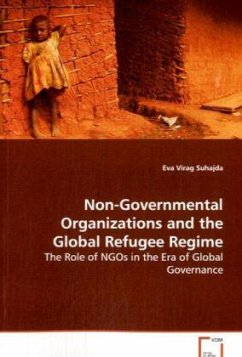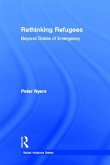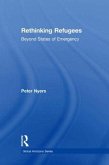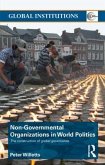Noone questions today the increasing role ofnon-governmental organizations in internationalrelations. The field of refugee protection requires acomplex attitude from NGOs, as here they meet withgrowing reluctance of state actors, whose interestsare more formulated by economic and security aspects.That is why NGOs does not only provide first-handassistance to those in need, but also try toinfluence state's actions, force them to comply withtheir obligations, sets up new issues on theinternational agenda, and cooperates with otheractors in policy-formulation.Present essay aims to examine this complex role ofthe non-governmental actors in internationalrelations, and more particularly in the globalrefugee regime from both NGO and regime analysispoints of view.While this essay proves clearly the importance ofNGOs, it also shows those faults the regime actorshave to overcome and those areas where closercooperation is needed between them in order to reachthe regime's ultimate goal of "providinginternational protection and seeking permanentsolutions for the problems of refugees".








